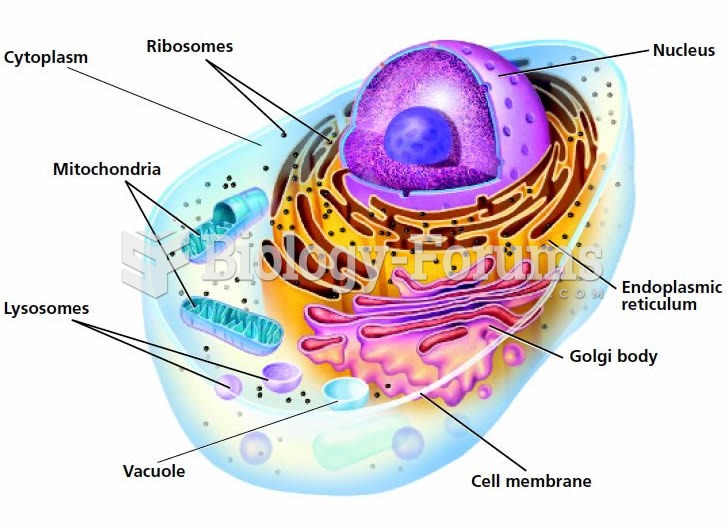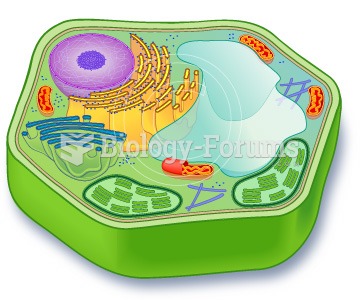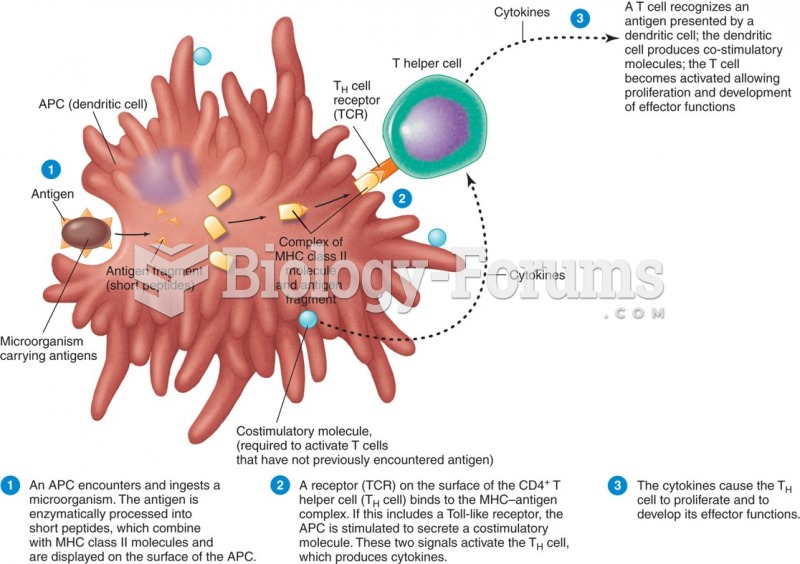Answer to Question 1
Correct Answer: 3
Rationale 1: Agonists facilitate drug action; antagonists block the effects of agonists.
Rationale 2: Many therapeutically useful drugs act by blocking receptors (e.g., beta-adrenergic blockers, antihistamines).
Rationale 3: Blocks the actions of an agonist is the definition of an antagonist.
Rationale 4: Many therapeutically useful drugs act by blocking receptors (e.g., beta-adrenergic blockers, antihistamines).
Global Rationale: Blocks the actions of an agonist is the definition of an antagonist. An agonist facilitates drug action. Many therapeutically useful drugs act by blocking receptors (e.g., beta-adrenergic blockers, antihistamines); therefore, not biding with receptors and it has no therapeutic effect are both incorrect.
Answer to Question 2
Correct Answer: A
Rationale 1: Codeine has a greater maximal effect than dextromethorphan; it is more efficacious than is dextromethorphan.
Rationale 2: Less potent is incorrect because potency refers to the dosage of drug required to produce a certain magnitude of response, whereas efficacy is the magnitude of the maximum response to a drug.
Rationale 3: More potent is incorrect because potency refers to the dosage of drug required to produce a certain magnitude of response, whereas efficacy is the magnitude of the maximum response to a drug.
Rationale 4: Less efficacious is incorrect; because codeine has a greater maximal effect than does dextromethorphan, it is more efficacious than is dextromethorphan.
Global Rationale: Codeine has a greater maximal effect than dextromethorphan; it is more efficacious than is dextromethorphan. Less potent is incorrect because potency refers to the dosage of drug required to produce a certain magnitude of response, whereas efficacy is the magnitude of the maximum response to a drug. More potent is incorrect because potency refers to the dosage of drug required to produce a certain magnitude of response, whereas efficacy is the magnitude of the maximum response to a drug. Less efficacious is incorrect; because codeine has a greater maximal effect than does dextromethorphan, it is more efficacious than is dextromethorphan.







